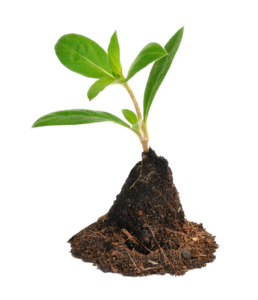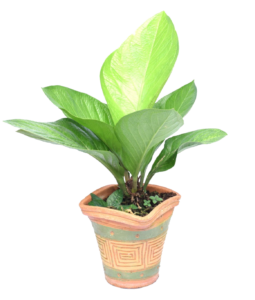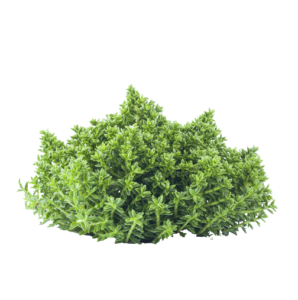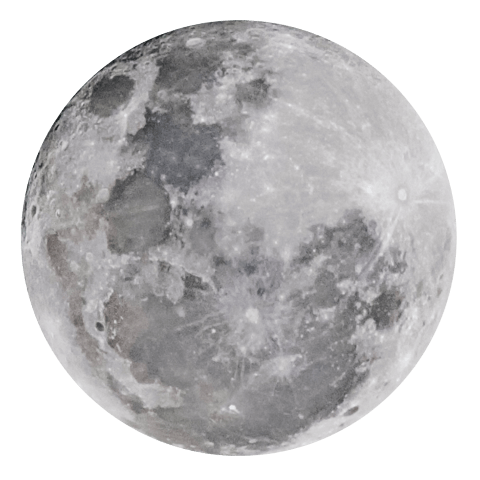


























Plants are the unsung heroes of our planet, silently contributing to the delicate balance of life. Their significance extends far beyond their aesthetic appeal, as they are crucial in sustaining life on Earth. From providing oxygen and food to supporting ecosystems and influencing climate, plants are integral to the planet’s well-being and inhabitants.
One of the most fundamental contributions of plants is their role in oxygen production. Through photosynthesis, plants convert carbon dioxide into oxygen, a vital component for the survival of many organisms, including humans. The symbiotic relationship between plants and animals ensures a constant supply of breathable air, making plant life essential for maintaining atmospheric balance.
Plants serve as the primary food source for most living organisms on Earth. Through photosynthesis, they convert sunlight into energy, synthesizing essential nutrients that sustain all levels of the food chain. Fruits, vegetables, grains, and legumes are just a few examples of the diverse array of plant-based foods that nourish and support the growth and development of animals, including humans. The agricultural revolution, driven by the cultivation of plants, has been a cornerstone of human civilization, enabling the rise of complex societies.
Plants form the backbone of terrestrial ecosystems, providing habitats and sustenance for many organisms. Forests, grasslands, and wetlands are ecosystems shaped by the abundance and diversity of plant life. Plants offer shelter, nesting sites, and nourishment for countless animal species, fostering intricate webs of interdependence. The delicate balance of these ecosystems relies on the presence of various plant species to maintain biodiversity, preventing the dominance of one species and ensuring the resilience of the ecosystem as a whole.
Plants play a vital role in regulating the Earth’s climate through processes such as transpiration and the absorption of carbon dioxide. The vast expanses of forests act as carbon sinks, mitigating the effects of climate change by absorbing and storing substantial amounts of carbon dioxide. Additionally, plants release water vapor through transpiration, influencing local and global weather patterns. Deforestation and the loss of plant life can disrupt these crucial climate-regulating processes, leading to adverse environmental consequences.
Plants have been a source of medicinal compounds for centuries, contributing to the development of various pharmaceuticals. Many traditional healing practices involve the use of plant-derived substances with therapeutic properties. From aspirin to quinine, plants have provided humanity with essential remedies, highlighting their importance not only in ecological systems but also in the field of medicine.







Leave a Comment
Instagram